 Lately I have been asked by several trainees across academic levels for advice on the habits, skills, and practices to cultivate in order to function as a Clinician (Physician) Scientist. I have thus assembled the following list of action-oriented items, spawned epiphanously from my cerebral cortices, in no particular order and following no particular research or thought process. The advice reflects personal opinions that should be considered neither endorsed nor shared by my employer and affiliations. Furthermore, these tips reflect what has ‘worked’ for me, understanding that the definition of success is entirely subjective. Some may believe that I am a colossal failure, in life and as a scientist. Presumably those asking for my advice do not. Here is a list of my top 10 strategies for becoming and surviving life as a CS:
Lately I have been asked by several trainees across academic levels for advice on the habits, skills, and practices to cultivate in order to function as a Clinician (Physician) Scientist. I have thus assembled the following list of action-oriented items, spawned epiphanously from my cerebral cortices, in no particular order and following no particular research or thought process. The advice reflects personal opinions that should be considered neither endorsed nor shared by my employer and affiliations. Furthermore, these tips reflect what has ‘worked’ for me, understanding that the definition of success is entirely subjective. Some may believe that I am a colossal failure, in life and as a scientist. Presumably those asking for my advice do not. Here is a list of my top 10 strategies for becoming and surviving life as a CS:
- Read voraciously and laterally. Read fiction. Read non-fiction works in areas that may seem unrelated to your chosen field. For example, if you want to become a cancer scientist, then immersing yourself in the nutrition, exercise, agricultural policy, urban planning, and environmental health literature is equally important to the cancer genetics, biology, clinical, and epidemiology literature.
- Develop leadership and mentorship skills by becoming a leader and a mentor. Regardless of your stage along the academic continuum, there will always be someone more junior to you who would benefit from mentorship. Lead in whatever capacity is accessible to you at your career stage as leadership skills are transferable across domains. Never turn down a leadership opportunity.
- Incorporate a diversity and inclusion mindset into everything that you do. If the people you are leading and mentoring look, speak, think, and behave exactly like you, put some cognitive energy into figuring out why that might be, identify the barriers to heterogeneity in your immediate orbit of influence, and do something about it. Similarly, when you witness behaviours that come from a place of ignorance, privilege, hatred, or power, call them out.
- Write, and write a lot. Writing effective narratives is predicated upon strong communication skills. There is no threshold of writing experience beyond which your skills will not improve, so cultivate opportunities – within science and beyond – that will enable you to write.
- Learn how to code. Just as fluency in another spoken language is a great asset in science and medicine, so too is fluency in coding languages. Coding skills in SQL and R are of immediate utility in many areas of science and medicine.
- Stay true to your passions. Don’t abandon an area about which you are passionate because someone tells you that it’s unfundable and useless. Much of the time, research can be a thankless slog, so if you’re not passionate about what you’re doing, you won’t persist for the long haul.
- Join professional societies in your chosen field. Professional societies are an invaluable resource and provide access to journals, networking opportunities, discounted registration at scientific conferences, competitive funding of your work, and travel awards for meetings. I attended my first meeting of the American Society of Tropical Medicine and Hygiene in San Antonio, Texas in 1995 as an undergraduate science student, and have been sold on the value of professional societies ever since. Special thanks to my research (and eventual graduate) supervisor, Dr. Christine Sundermann for providing that opportunity!
- Be prepared to work. A lot. If you are not a work-oriented, goal-directed, organized person by nature, then the life of a CS may be incompatible with your personality, expectations, and vision. Now, about that work…… every day you will face a mountain of work that you are unlikely to summit and a backlog of email that you are unlikely to clear. Ever. Even if you did nothing but work and respond to email, catheterized in a sensory-deprivation unit on TPN, you will never summit that mountain nor clear that backlog. The earlier you disavow yourself of the notion of work “completion”, the more pleasant your life will be. Think of the work as a train rolling down an endless track collecting cars – train cars – along the way. A perpetual, eternal, possibly exponential journey with cargo unloaded – sometimes minutes in advance of a deadline – at stations along the way. I think of my train track as existing on a rainbow. It makes me feel better that there may be a leprechaun in my future.
- Keep your neurons healthy by keeping yourself in the state of peak performance that is achievable for you. Consume whole plants, not animals or their effluents, or chemistry experiments disguised as packaged “food”. If able, pour sweat daily in whatever form of exercise is available to you and compatible with your lifestyle. Long shifts at the hospital and business travel, in particular, require advanced planning.
- Patient care comes first. Always. When you disappoint a journal editor, colleague, consortium, audience, granting agency, spouse or even child, you will rest in the knowledge that you may have saved a life or provided comfort to a family in a moment of grief and despair. You may need to explain yourself to a boss, or in a recent case of mine, the Hague, but almost no one will rake you over the coals for choosing to provide medical care over reviewing a manuscript or analyzing data. A person who does so has never taken the Hippocratic Oath.
























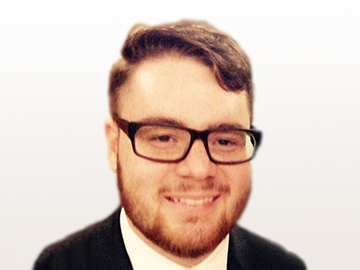






























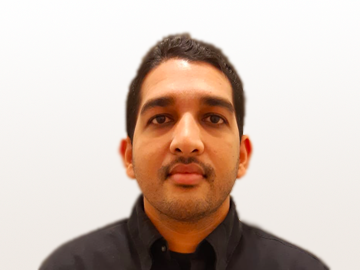









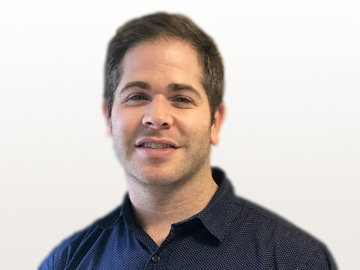



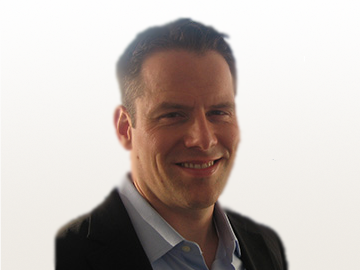





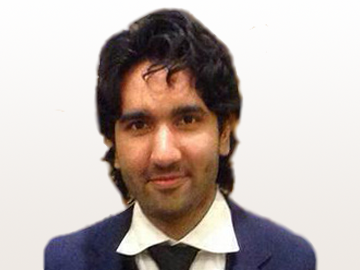













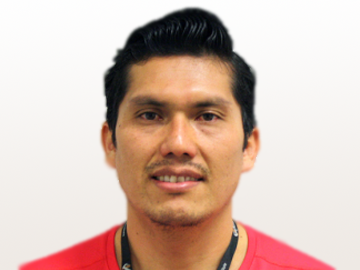



This is really helpful and awakening.